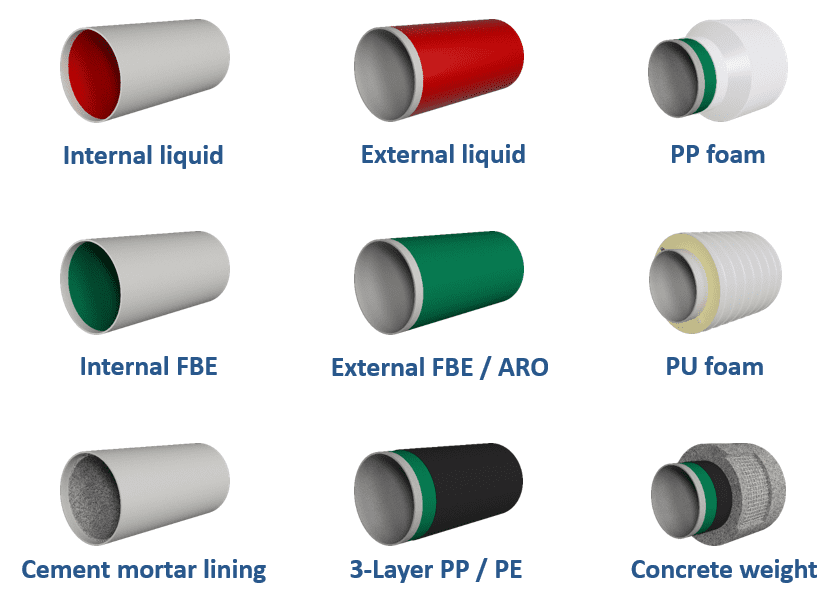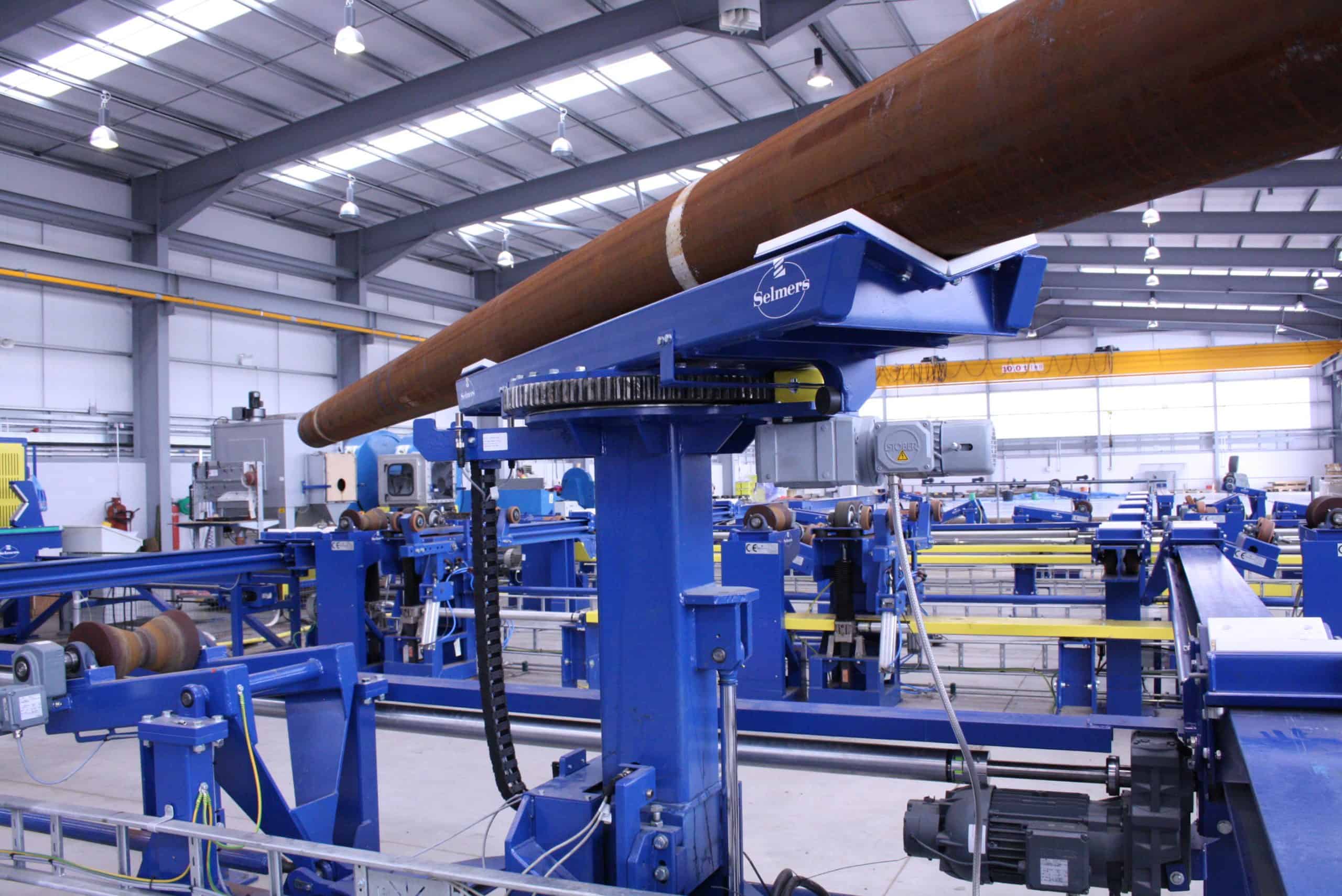When in Rome – do as the Romans do
Selmers is a globally operating company with clients in every part of the world. On-site support and training are part of the job. But the typical Dutch directness can come across as blunt. Cultural differences can also lead to hilarious situations.
Although humor is a virtue, in corporate situations it is best to be understood first. As a Dutch company since 1966, we are seasoned in handling cultural differences. Paramount in this is mitigating our own behavior so not to come across as too forward. A great example of this cultural difference is the answer ‘yes’. Of course, Dutchies would expect this word to have its exact meaning when replied. However, in many other cultures, it doesn’t quite have the same meaning…
Yes sometimes does mean no
Respect for higher ranking persons can cause a dislike for the word no. So when the Dutch say it like it is, it can literally be offensive. And when hearing it, we should definitely take into consideration that it was meant as a “Yes, I heard you, or yes I understand” rather than “Yes I agree and will execute”. This is why Selmers uses the ‘check, verify and adjust’ approach when working internationally.
Finding common ground
The good thing is that understanding motives is understanding universal basic desires. To be respected, appreciated, recognized and understood are fundamentals. The difference is where the emphasis lies. In some countries, prioritizing oneself over the collective is considered disrespectful. Therefore, social consequences are taken into consideration. Another example is how certain countries show appreciation much more expressively than the typical cold and controlled matter-of-fact Dutch style.
“DO YOU UNDERSTAND?!”
When it’s not you, it’s always fun to see others struggle to overcome language barriers. They unintentionally start shouting at each other, as if the problem is they just didn’t hear you… Selmers project managers and trainers therefore speak multiple languages. Also, specific regions even have their own native speaking contact. Some additional thoughts to consider when encountering language barriers are: avoiding jargon, speaking slowly, articulating clearly and speaking face to face.
Patience – steel’s strength
Typically, some countries have the reputation of bureaucratically slow grinding mills (a Dutch saying). Not every country is built for an immediate demand and supply attitude. In those countries, patience is considered a virtue, and pushing those boundaries is considered rude. Building a relationship is essential.
Forging steel
From the Dutch idiom ‘ijzer met handen breken’ to the American tradition of forging steel, the delicate dance of closing the cultural gaps, transcends borders and reflects the dedication and heart with which we shape the global world of pipe coating.
Need training or support?
Through respect and understanding, we have become a trustworthy supplier of a multitude of automated pipe blasting and coating solutions. Do you want to cross borders with performance? Send an email to sales@selmers.com, call 0031 (0)251 211 999, or fill in the contact form and we’ll get back to you.






